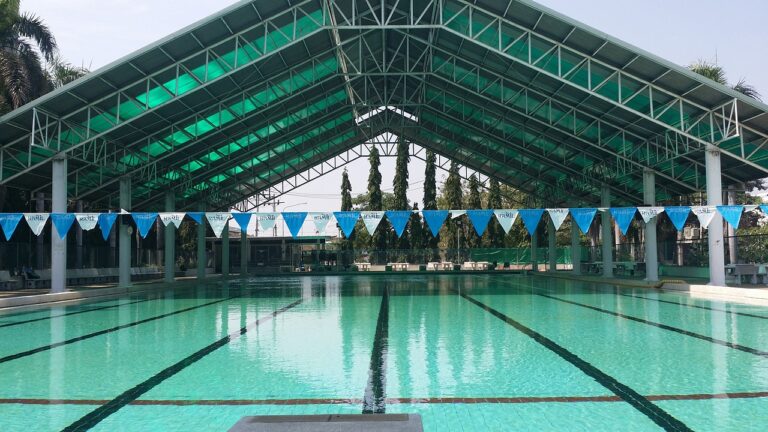Implementing Holistic Management Approaches in Field Maintenance: Betbhai com, Playexch login, Gold 365
betbhai com, playexch login, gold 365: Field maintenance is a critical aspect of managing any outdoor space, whether it be a sports field, a park, or a golf course. Implementing holistic management approaches in field maintenance can help ensure that the space is not only well-maintained but also sustainable and environmentally friendly.
Holistic management involves taking a comprehensive look at all aspects of field maintenance, including soil health, water management, pest control, and overall ecosystem health. By taking a holistic approach, field managers can create a sustainable maintenance plan that not only improves the quality of the field but also reduces the impact on the environment.
Here are some key strategies for implementing holistic management approaches in field maintenance:
Soil Health: Healthy soil is the foundation of any successful field maintenance program. By regularly testing the soil and implementing appropriate fertilization and aeration practices, field managers can ensure that the soil is able to support healthy plant growth.
Water Management: Efficient water management is essential for maintaining a lush and healthy field. By implementing irrigation systems that are designed to minimize water waste and scheduling irrigation based on weather conditions, field managers can ensure that their fields receive the right amount of water at the right time.
Pest Control: Instead of relying on harsh chemicals to control pests, field managers can take a more holistic approach by incorporating natural pest control methods such as beneficial insects, companion planting, and maintaining healthy soil to promote plant resistance to pests.
Ecosystem Health: Maintaining a healthy ecosystem within the field can help reduce the need for external inputs such as fertilizers and pesticides. By planting a diverse range of plant species, creating habitat for beneficial wildlife, and minimizing disturbances to the ecosystem, field managers can promote a balanced and sustainable environment.
Regular Monitoring and Evaluation: Regularly monitoring the field and evaluating the effectiveness of maintenance practices is essential for implementing holistic management approaches. By keeping detailed records of maintenance activities and observing changes in the field over time, managers can make informed decisions about how to improve their maintenance practices.
Collaboration and Education: Finally, engaging with stakeholders such as staff, volunteers, and the community can help ensure the success of holistic management approaches. By sharing knowledge and resources, field managers can create a collaborative approach to field maintenance that benefits the entire ecosystem.
In conclusion, implementing holistic management approaches in field maintenance can help ensure that outdoor spaces are not only well-maintained but also sustainable and environmentally friendly. By focusing on soil health, water management, pest control, ecosystem health, regular monitoring, and collaboration, field managers can create a maintenance plan that is both effective and environmentally responsible.
FAQs:
Q: How can I test the soil in my field?
A: Soil testing kits are available at most garden centers or through agricultural extension services. These kits can provide valuable information about the pH, nutrient levels, and texture of your soil.
Q: What are some natural pest control methods I can use in my field?
A: Some natural pest control methods include introducing beneficial insects such as ladybugs and lacewings, planting insect-repelling plants like marigolds, and using barriers such as row covers to protect plants from pests.
Q: How can I create habitat for beneficial wildlife in my field?
A: By planting native plants, providing water sources such as bird baths or ponds, and minimizing pesticide use, you can create a habitat that attracts beneficial wildlife such as pollinators and predators of pest insects.







